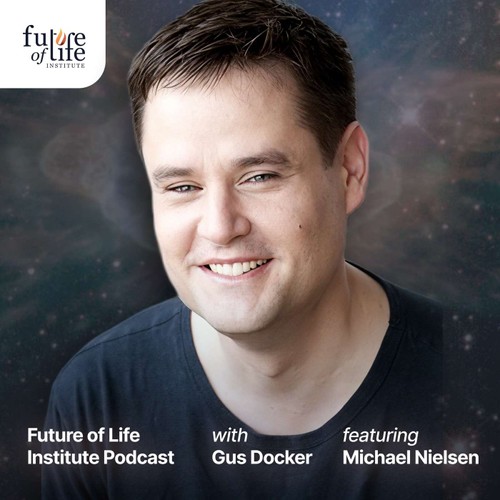
 Future of Life Institute Podcast
Future of Life Institute Podcast Could Powerful AI Break Our Fragile World? (with Michael Nielsen)
82 snips
Jun 6, 2025 Michael Nielsen, a scientist and writer specializing in quantum computing and AI, dives into the pressing challenges posed by advanced technology. He discusses the dual-use nature of scientific discoveries and the difficulty institutions face in adapting to rapid AI advancements. Nielsen examines the signs of dangerous AI, the latent power inherent in technology, and how governance can evolve. He also reflects on deep atheism versus optimistic cosmism, unpacking their relevance in today's AI-driven world.
AI Snips
Chapters
Books
Transcript
Episode notes
Dual-Use Nature of Understanding
- Deep understanding of nature is intrinsically dual-use, enabling both constructive and destructive power.
- Discoveries from quantum physics led to advances like semiconductors and nuclear weapons, highlighting this duality.
AI Risk Like Climate or Nukes
- Powerful technologies that put catastrophic capabilities in individual hands resemble climate change or nuclear proliferation more than conventional tech.
- This risks accelerating dangers faster than institutions can adapt, due to incentives and power dynamics.
Power and Risks of Discovery
- Researchers initially exploring atomic physics didn't anticipate Hiroshima's destruction but unlocked vast power nevertheless.
- Similarly, AI and AGI promise vast benefits, like improved medicines, alongside hard-to-defend enormous risks.





